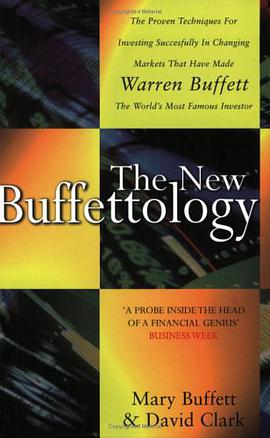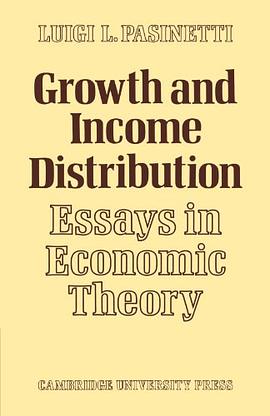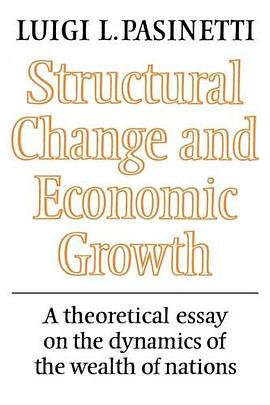

具体描述
This book is a theoretical investigation of the influence of human learning on the development through time of a 'pure labour' economy. The theory proposed is a simple one, but aims to grasp the essential features of all industrial economies. Economists have long known that two basic phenomena lie at the root of long-term economic movements in industrial societies: capital accumulation and technical progress. Attention has been concentrated on the former. In this book, by contrast, technical progress is assigned the central role. Within a multi-sector framework, the author examines the structural dynamics of prices, production and employment (implied by differentiated rates of productivity growth and expansion of demand) against a background of 'natural' relations. He also considers a number of institutional problems. Institutional and social learning, know-how, and the diffusion of knowledge emerge as the decisive factors accounting for the success and failure of industrial societies.
作者简介
目录信息
读后感
评分
评分
评分
评分
用户评价
相关图书
本站所有内容均为互联网搜索引擎提供的公开搜索信息,本站不存储任何数据与内容,任何内容与数据均与本站无关,如有需要请联系相关搜索引擎包括但不限于百度,google,bing,sogou 等
© 2026 book.wenda123.org All Rights Reserved. 图书目录大全 版权所有




















